Canine Teeth Scaling: Price, Duration, Risks, and Natural Remedies
In this article, we will delve into the significance of teeth scaling in dogs, the cost involved in this procedure, as well as natural remedies to prevent tartar buildup. We will also address the risks associated with this intervention, along with the steps involved in the process. By the end of this article, you will have all the fundamental information you need to maintain excellent oral hygiene for your pet.
Importance of Scaling Your Dog's Teeth
Ensuring proper oral hygiene for your canine companion is vital for their overall health. Dental plaque, which leads to tartar, can cause various health issues in dogs, ranging from bad breath to potentially severe periodontal diseases. Scaling is an essential procedure to maintain optimal oral hygiene, but it raises many questions, particularly regarding the associated risks.
Why Should You Scale Your Dog's Teeth?
Tartar, formed by dental plaque, is a hard, rough, discolored, and malodorous deposit that accumulates on dogs' teeth. It consists of bacteria, minerals, and food debris. If tartar is not removed, it can result in serious problems, including gum infections, abscesses, cavities, and even tooth loss. Moreover, tartar contributes to the development of periodontal diseases, which can adversely affect your dog's overall health, including their heart, kidneys, or other organs.
The presence of tartar can lead to easily identifiable symptoms:
- Loss of appetite
- Weight loss
- Oral bleeding
- Gum pain and inflammation
- Tooth loss
- Bad breath (halitosis)
How Is Teeth Scaling Performed in Dogs?
Scaling is a treatment aimed at mechanically removing tartar, which is responsible for tooth loss, periodontal diseases, and other associated health problems. The procedure starts with a consultation, during which the owner discusses any health issues their dog may be experiencing.
This procedure, performed by a veterinarian, usually requires general anesthesia to ensure the safety and comfort of the animal. Each tooth undergoes meticulous scaling using a curette or an ultrasonic device. The specialist pays attention to interdental spaces and performs both subgingival and supragingival scaling.
The choice of treatment varies for each case, as the canine dentistry specialist adapts the protocol according to the specific needs of the dog. For instance, during a scaling session, it may be necessary to extract one or more teeth in cases of advanced dental loosening.
Finally, the practitioner polishes the teeth using either air polishing or a polishing paste for a thorough cleaning.
After the procedure, the practitioner evaluates the oral health of the dog and shares the findings with the owner. Valuable advice regarding regular dental and oral cavity maintenance is provided, recommending suitable products and accessories. The owner also receives recommendations on a proper diet to delay the formation of dental plaque and limit tartar deposits.
How Long Does a Canine Teeth Scaling Session Last?
A scaling session typically lasts for at least 45 minutes to ensure a comprehensive treatment. However, for dogs under regular monitoring and undergoing scaling every 4 to 6 months, the sessions can be shorter as tartar has not had sufficient time to accumulate.
How Much Does Canine Teeth Scaling Cost at the Veterinarian?
The cost of scaling varies depending on several factors, including the dog's size, the degree of tartar accumulation, and the specific procedures performed. On average, the cost of scaling for dogs ranges between 100 and 300 euros. However, in larger cities and cases involving dental extractions, the cost may be higher.
It is crucial not to underestimate the importance of scaling, as early treatment can prevent more significant expenses in the future. Moreover, regular scaling contributes to the overall health of your dog, potentially reducing veterinary expenses related to other health issues.
What Are the Risks Associated with Teeth Scaling?
Canine teeth scaling is generally considered a safe procedure. However, like any medical intervention, it carries risks. General anesthesia is recommended to allow the veterinarian to work safely while ensuring the animal's comfort. Although risks associated with anesthesia do exist, they are rare and managed by the practitioner.
It is essential to discuss these risks with your veterinarian before planning your dog's scaling. The veterinarian will provide detailed explanations regarding the measures taken to minimize these risks. Generally, the benefits of a well-executed scaling outweigh any potential risks.
Non-Anesthetic Canine Teeth Scaling: Is It an Option?
Some pet owners may wonder if it is possible to perform scaling without anesthesia. Although this may seem appealing to reduce the risks associated with anesthesia, non-anesthetic scaling has several disadvantages.
The procedure is less effective as it is challenging to reach the deeper areas of the dog's mouth. Additionally, this process can be stressful and painful for the animal, leading to complications and negative reactions.
To ensure a complete and safe dental cleaning, scaling under anesthesia is strongly recommended.
Natural Alternatives to Prevent Tartar in Dogs
If you wish to maintain good dental hygiene for your dog and reduce the frequency of scaling, there are natural solutions available. Here are some tips to prevent tartar buildup:
- Toothbrushing: Use a toothbrush specifically designed for dogs and appropriate toothpaste. Brushing your dog's teeth with baking soda can help eliminate tartar.
- Appropriate Diet: Choose kibble specially formulated for dental health, as they can aid in preventing tartar buildup. Additionally, adding a natural anti-tartar product (plaque destructor) to the food bowl can combat dental plaque and bad breath.
It is crucial to consult your veterinarian before using home remedies to combat tartar formation.
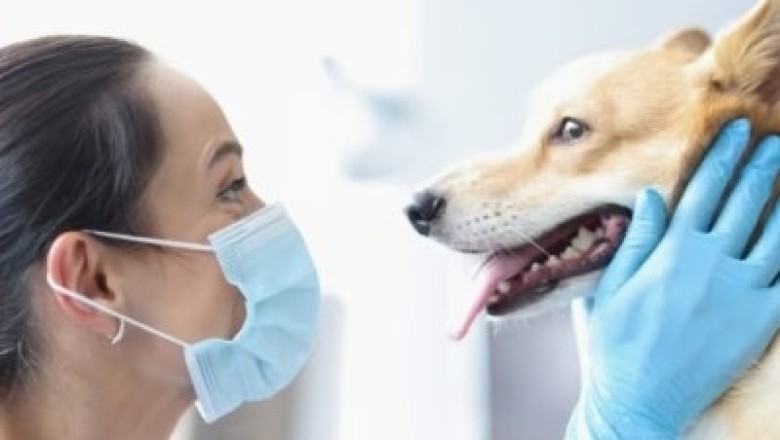










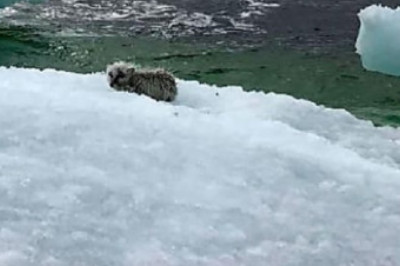
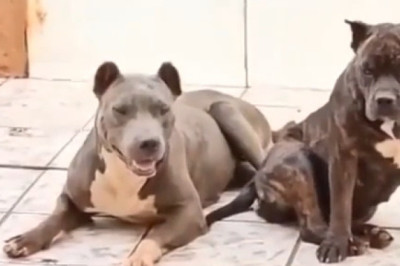

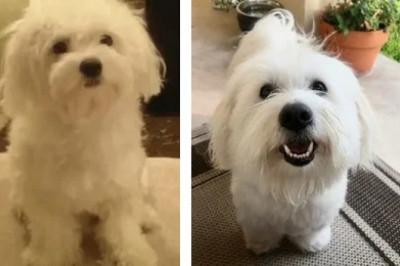


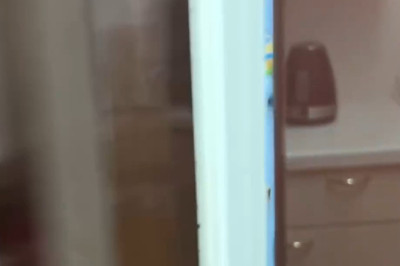

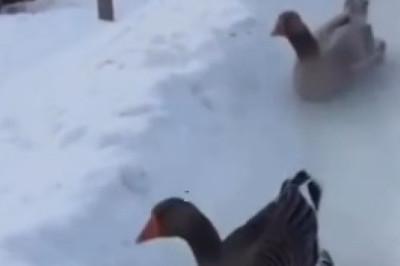

Comments
0 comment